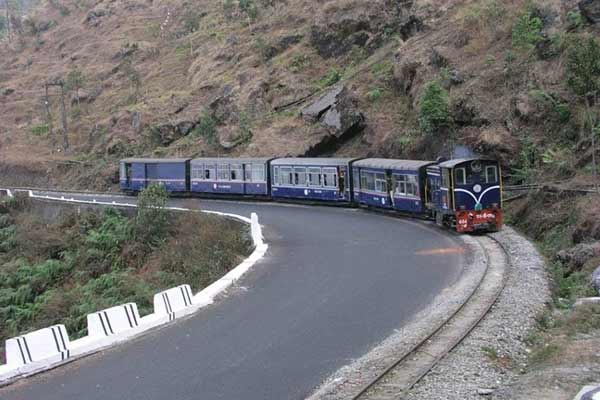Darjeeling tourism sector looks for quick resolution of hill’s impasse
The tourism sector in Darjeeling is looking for an early and permanent solution to the impasse in the hills as the prolonged statehood agitation has led to the visitors giving the queen of hills a miss in the coming festive season. Darjeeling, which had seen a meteoric rise in tourist footfall this summer, suddenly turned into a ghost town following the violence on June nine and subsequent indefinite strike called by Gorkha Janmukti Morcha (GJM) to press for a separate Gorkhaland. Tourists from different parts of the country and foreigners flocked to the hill town and several other destinations hidden among the mountains and lush green forests, but now most of the hotels and resorts are closed for the last two and half months.
GJM convenor Binay Tamang’s announcement during the day of suspension of the bandh in the hills from tomorrow till September 12 has been welcomed by the West Bengal Tourism Minister Gautam Deb. “We are hopeful that keeping in mind the larger interest of people of the hills, the GJM will lift the bandh permanently. The people are suffering,” he said. The minister was, however, quick to admit that it will take some time for the confidence among tourists to return.
“Even if the bandh is now withdrawn totally, it will take time to regain the confidence of the tourists to come back to the hills as the violence that occurred in various places have impacted their minds,” Deb said, adding, “After-effect will be there for some time. We only hope that the situation normalises soon in the interest of the people.”
“What is worrying us most is that during the coming festival season there may be very little tourist inflow and lakhs of people who depend on tourism will be left high and dry,” said Association for Conservation and Tourism convenor Raj Basu. Around six lakh people are directly or indirectly involved in the tourism business in the region spread across Sikkim, Darjeeling and Dooars, he said.
Apart from hoteliers and their staff, there are transport operators, guides and several other people attached to the tourism industry. “Entire hotel bookings in Darjeeling have been cancelled apart from flight and train reservations owing to the agitation. A large percentage of tourists from different parts of Bengal who make their travel plans well in advance for the Durga Pujas, and also from other states like Maharashtra, Gujarat and Delhi who travel during the Diwali holidays have already booked themselves for other destinations,” Basu said.
While facilities in the forested Dooars area, which is below the hills and have not been affected by the agitation, have received bookings for the festive season, those in the hills and Terai region have seen almost no booking. Those which had been booked earlier were cancelled leaving those involved in the business and their families in distress, he added.
If the bandh is withdrawn totally, the hoteliers can expect 40 per cent occupancy. “This will at least help them (hoteliers) cope with their operational expenses,” said Basu, who has helped discover several new destinations tucked away in the hills and forests and initiated villagers to the lucrative homestay business. “Just as Gorkhaland issue is important to the hill people, so is the travel and tourism sector as their livelihood is dependent on it. We welcome the suspension of bandh, but will be happy if it is withdrawn totally,” he added.

